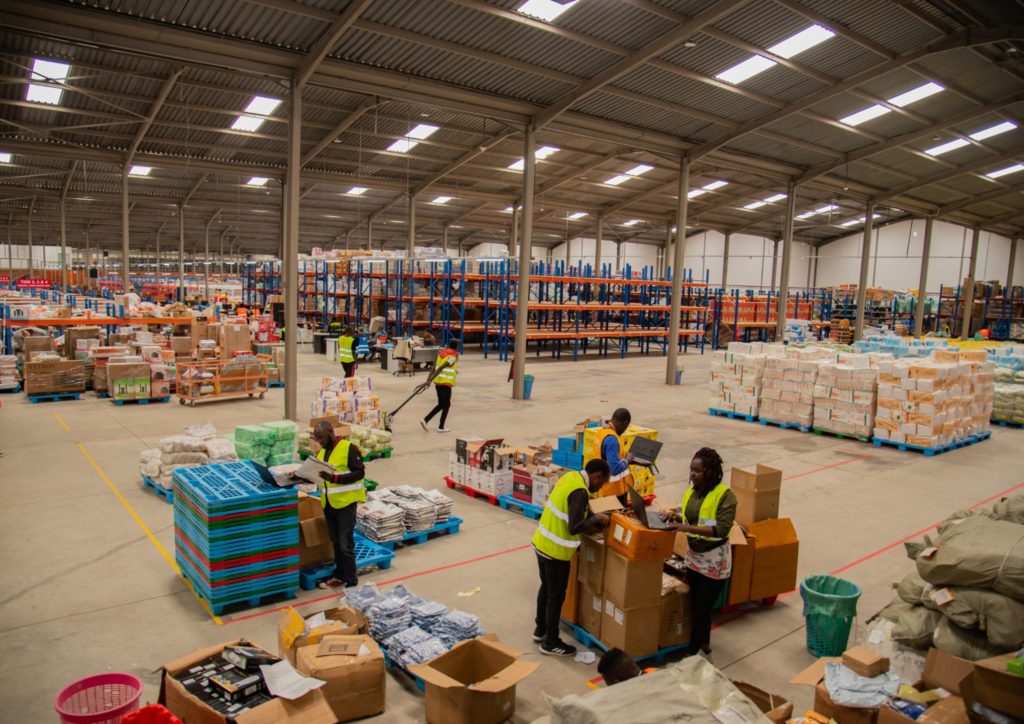What matters here is not the slickness of announcements or technical feature updates. Trust the product architects at these companies to soon be dissatisfied with what they have rolled out, triggering new updates.
Instead, two broader matters catch attention regarding the platforms’ performance so far:
- customer experiences and vendor capabilities in African retail are entering a more sophisticated phase, and
- these platforms won’t sit idly on the massive eCommerce knowledge they are accruing.
Paystack and Flutterwave are fintechs that are eCommerce startups that are customer service companies.
Each started with a straightforward mission of helping vendors receive payments from around the world. But because the underlying principle is the convenience of exchange, they have been able to scale their platforms beyond just payments to effect convenience in other endeavours.
They are not only convincing vendors to come online and collect payments digitally, they are teaching them better product marketing, nudging them towards smarter inventory management (notifications for low stock) and encouraging better customer relations (direct WhatsApp chat).
These features – and the ones to come – are long-term plans to influence the mindset of sellers in Africa towards greater professionalism and responsibility.
Flutterwave and Paystack are essentially priming buyers to expect a baseline standard on product presentation and engagement from sellers. In low-trust business environments like Nigeria, this initiative is welcome.
In doing this, both platforms are setting up for a seemingly inevitable future; one where they become influential enough to create showrooms for these stores and storefronts. It may not be one giant marketplace; they could be grouped by product categories. Staff and insiders are already coyly giving hints about this.
Marketplaces are more challenging to manage and grow in Africa judging by the performance of the Jumias and Kongas. But Paystack and Flutterwave have travelled through a more patient learning curve that could prove useful for achieving success on a less arduous time scale.
We’ll need more information on the volume and value of transactions being done on these platforms to get a true picture of what the near future holds vis-a-vis evolution into marketplaces. But there has been enough buzz in the past six months to suggest these companies will be throwing their weights behind this eCommerce experiment.
One thing to ponder; as much as both startups are pretty much on equal footing on technology and ambition, one is part of a company building a global payments and treasury network. We’ll be keeping tabs on how this dynamic affects the pace of each entity’s travel on Africa’s eCommerce highway going forward.






